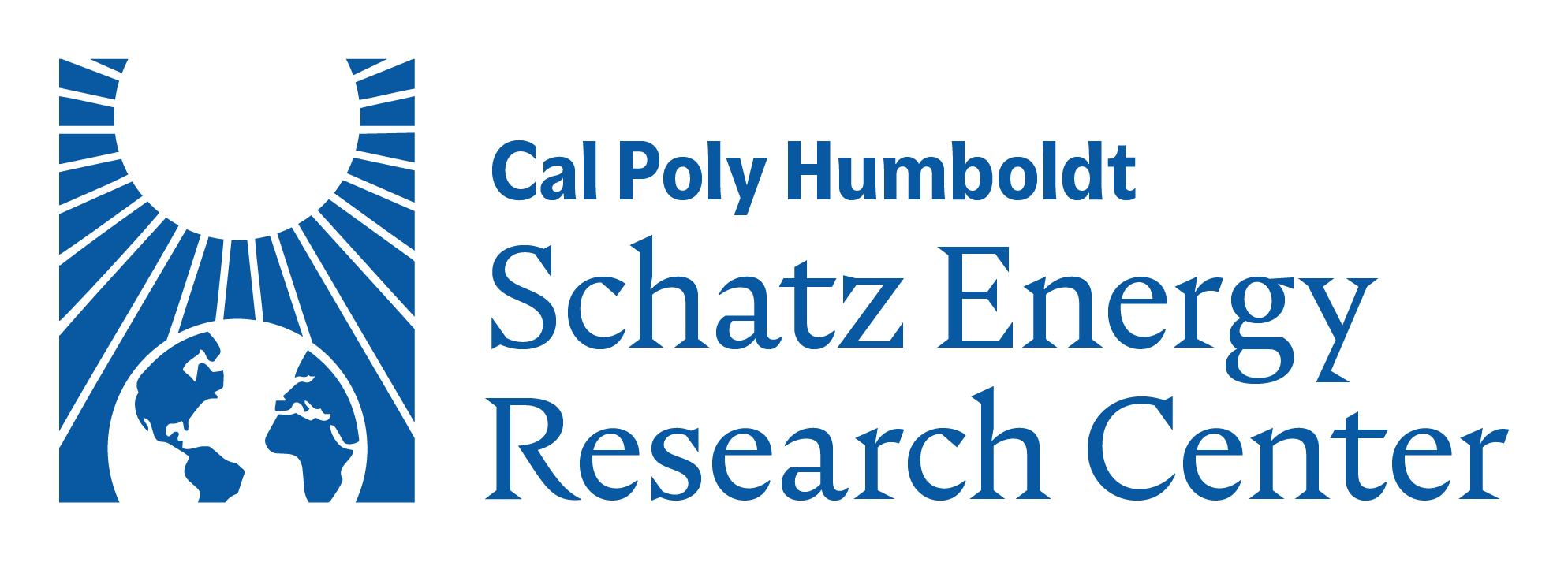
SERC is continuing its work with Renewable Fuel Technologies (RFT) on torrefaction. Torrefaction is the process of heating biomass to 250 – 300 degrees Celcius in the absence of oxygen.
The resulting product, referred to by RFT as “BioCoal,” has a higher energy density and is easier to pelletize than raw biomass. It is also hydrophobic, meaning it does not absorb water. These properties make BioCoal easier and less costly to store and transport compared to raw biomass. BioCoal can be used as a feedstock for liquid biofuels or co-fired in a coal power plant, thus replacing fossil fuels with a renewable energy source.
Recently, SERC and RFT completed a project for Mendel Biotechnology, Inc. that produced more than 50 pounds of torrefied Miscanthus grass. Miscanthus is a perennial grass that is getting a lot of attention as an energy crop. The fast growing grass can achieve high biomass yields and can be grown on marginal lands currently not under cultivation. Mendel has developed a hybrid that is more easily propagated than current public varieties, and they are working to create hybrids that are custom tailored for different climates and growing regions.
SERC and RFT will continue work on the torrefaction of different feedstocks including almond shells and palm kernel shells, a waste product from producing palm kernel oil. In addition, SERC is working to characterize a catalytic combuster that can use torrgases given off during the torrefaction process to provide the necessary heat for torrefaction. The ultimate goal is to help RFT develop a mobile torrefier that is energy self-sufficient. Such a torrefier could be hauled to the location of the biomass and run using only the energy contained in the biomass.















